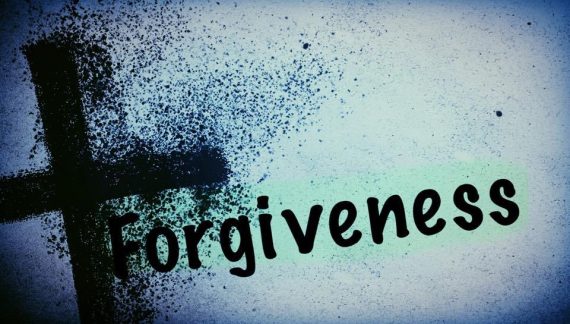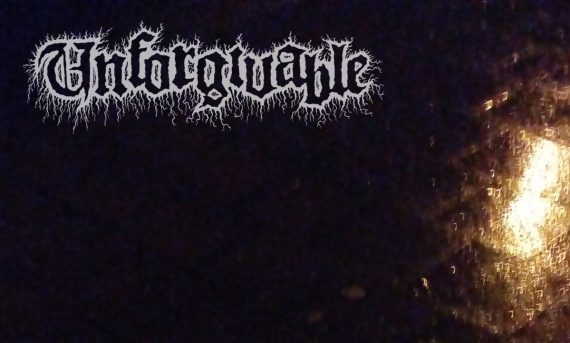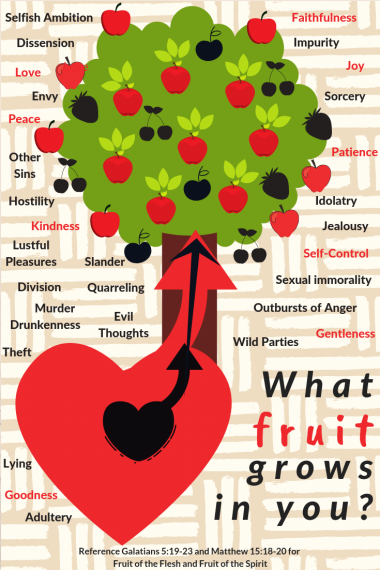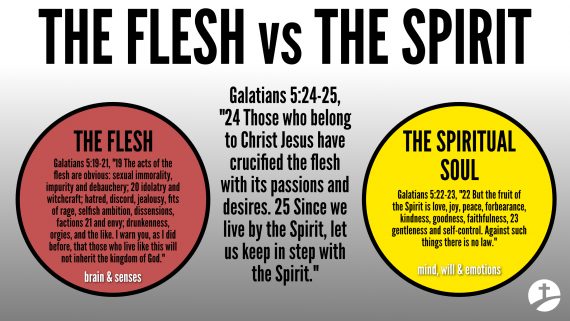(#AmazonAdLink)  I interviewed Lucas Kitchen today about his book (#AmazonAdLink) Naked Grace. In this book, he tells the story of how he discovered the truth about grace, and why it is so important for you and I to learn these truths as well. If you have questions about eternal life, the message of the gospel, what it means to follow Jesus as a disciple, or how grace helps us defeat sin in our lives, listen to this interview.
I interviewed Lucas Kitchen today about his book (#AmazonAdLink) Naked Grace. In this book, he tells the story of how he discovered the truth about grace, and why it is so important for you and I to learn these truths as well. If you have questions about eternal life, the message of the gospel, what it means to follow Jesus as a disciple, or how grace helps us defeat sin in our lives, listen to this interview.
Also, make sure you get a copy of Lucas’ new book, (#AmazonAdLink) Naked Grace. And while you’re at it, get his other books on gospel-related issues, such as:
- (#AmazonAdLink) Salvation and Discipleship: Is There a Difference?
- (#AmazonAdLink) Eternal Rewards: It Will Pay to Obey
- (#AmazonAdLink) Eternal Life: Believe to be Alive
- (#AmazonAdLink) Thomas: Hero of the Faith
 In this interview with Lucas Kitchen, we discuss questions like this:
In this interview with Lucas Kitchen, we discuss questions like this:
- When did you first come to start asking questions of eternal significance?
- How did you first come to understand the truth about Grace?
- How does a proper understanding of how to receive eternal life help you in life and ministry?
- Is free grace a license to sin, or does it actually help us get rid of sin?
As you listen to this podcast, you will discover that there are many similarities between your own story and that of Lucas. Make sure you listen to the end where he tells you how to reach out to him and find more answers to your questions.
Also, go visit his websites to connect with Lucas:











 This is actually a good thing. Just as a sign that says, “Do not walk on the grass” causes people to walk on the grass, if the Bible clearly stated what words constituted blasphemy against the Holy Spirit, this would only encourage people to say the words even more. So we don’t precisely know what this sin is.
This is actually a good thing. Just as a sign that says, “Do not walk on the grass” causes people to walk on the grass, if the Bible clearly stated what words constituted blasphemy against the Holy Spirit, this would only encourage people to say the words even more. So we don’t precisely know what this sin is. The word that is used for “forgiveness” throughout this passage is aphēsis. This means that whatever the sin of blasphemy against the Holy Spirit is, it also is under the charizomai forgiveness of God. In other words, whatever this sin is, it too is a sin that God has forgiven from eternity past (See
The word that is used for “forgiveness” throughout this passage is aphēsis. This means that whatever the sin of blasphemy against the Holy Spirit is, it also is under the charizomai forgiveness of God. In other words, whatever this sin is, it too is a sin that God has forgiven from eternity past (See


 First, whatever type of sins Paul has in mind, they do not appear to be of the sensual or sexual variety. When Paul writes that “we all once conducted ourselves” in these behaviors, Paul includes himself as being guilty of these sins. But we know from passages like Philippians 3:3-6, Paul considered himself to be blameless in obedience to the Mosaic Law. He kept the purity laws to such a high degree, he was even able to become a Pharisee. It is unlikely, therefore, that Paul ever committed some of the sexual sins that many read into the text of Ephesians 2:3.
First, whatever type of sins Paul has in mind, they do not appear to be of the sensual or sexual variety. When Paul writes that “we all once conducted ourselves” in these behaviors, Paul includes himself as being guilty of these sins. But we know from passages like Philippians 3:3-6, Paul considered himself to be blameless in obedience to the Mosaic Law. He kept the purity laws to such a high degree, he was even able to become a Pharisee. It is unlikely, therefore, that Paul ever committed some of the sexual sins that many read into the text of Ephesians 2:3. So if the application of Paul’s message in Ephesians 2 is that we should no longer kill and condemn others for religious reasons, but should love and live in unity with them instead, this means that the stated problem in Ephesians 2:1-3 must refer to this sinful behavior as well.
So if the application of Paul’s message in Ephesians 2 is that we should no longer kill and condemn others for religious reasons, but should love and live in unity with them instead, this means that the stated problem in Ephesians 2:1-3 must refer to this sinful behavior as well.
 There is no such thing as a “sin nature.” The Bible never refers to the “sin nature.” It is a myth of modern theology. However, the Bible DOES teach a lot about the “flesh.” This study looks at Galatians 5:19-23 to learn what the flesh actually is, and what we are to live in the Spirit rather than in the flesh.
There is no such thing as a “sin nature.” The Bible never refers to the “sin nature.” It is a myth of modern theology. However, the Bible DOES teach a lot about the “flesh.” This study looks at Galatians 5:19-23 to learn what the flesh actually is, and what we are to live in the Spirit rather than in the flesh. The church in Galatia was divided over the issue of circumcision. Some argued that circumcision was required by God, while others said that it was not. Paul wrote to the Galatians to weigh in on this matter.
The church in Galatia was divided over the issue of circumcision. Some argued that circumcision was required by God, while others said that it was not. Paul wrote to the Galatians to weigh in on this matter.
